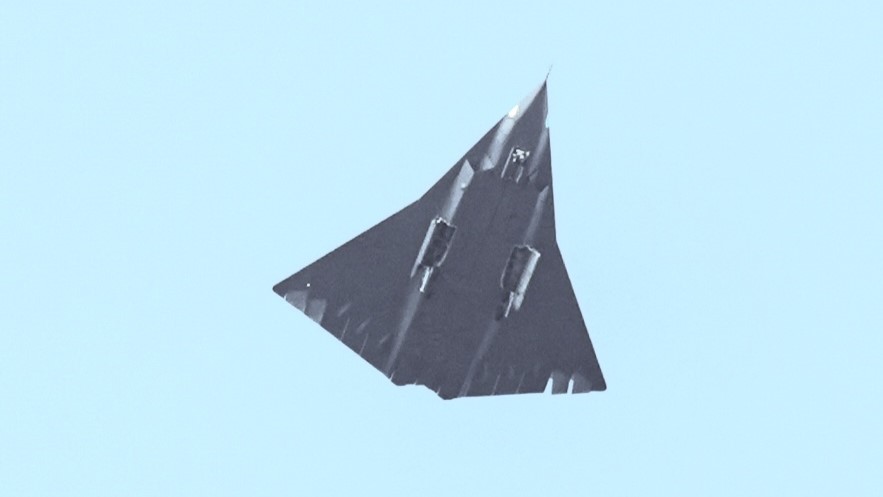A recent poll conducted by the European Council on Foreign Relations revealed that, despite China moving closer to Russia, a majority of Europeans still see China as “a necessary partner” and not a rival. This is in contrast to the growing sentiment that Russia is increasingly seen as an adversary or rival. The poll, which surveyed more than 6,000 people in 11 E.U. member states, found that if China were to provide significant military aid to Russia in its invasion of Ukraine, 41% of Europeans would support economic sanctions against China. While wishing to cooperate with Beijing on global issues such as climate change, European leaders officially consider China a “systemic rival” and “economic competitor.” However, many Europeans are either “largely apathetic” about China or wary, especially when it comes to Chinese investment in European infrastructure, tech companies, and the media.
As for Russia, a majority of Europeans see it as an adversary, with growing doubts about Moscow even in traditionally sympathetic countries such as France and Italy. Roughly half of all respondents believe that even after peace in Ukraine, future relations with Russia should be “limited.” However, in Bulgaria and Hungary, a majority of respondents viewed Russia as an “ally” or “partner” and generally would like to cooperate with Moscow after the war.
Even though the poll suggests that the views of the United States as an ally have improved since Donald J. Trump was president, roughly three-quarters of respondents believe that Europe should reduce its security dependence on Washington and invest more in its own defense. Moreover, most Europeans are unwilling to support the United States against China if there were to be a military escalation between these two powers and would rather remain neutral. Nonetheless, Europeans still believe that the trans-Atlantic relationship has more benefits than risks, but they don’t see that it comes with obligations.
European leaders, such as Ursula von der Leyen, president of the European Commission, take a tough line on Beijing. She had said that it was entering a new era of “security and control,” had a policy of “divide and conquer,” and that Europe must “[de-risk](https://www.bricsaconsulting.com/news/eu-president-urges-europe-to-de-risk-key-sectors-from-dependance-on-china/)” key sectors from dependence on China. However, French businesses are disillusioned with the Chinese market, and the long-term picture for Sino-French economic partnership looks gloomy.













